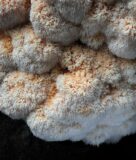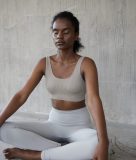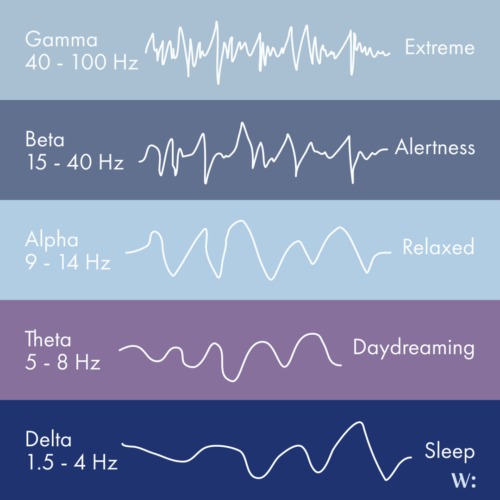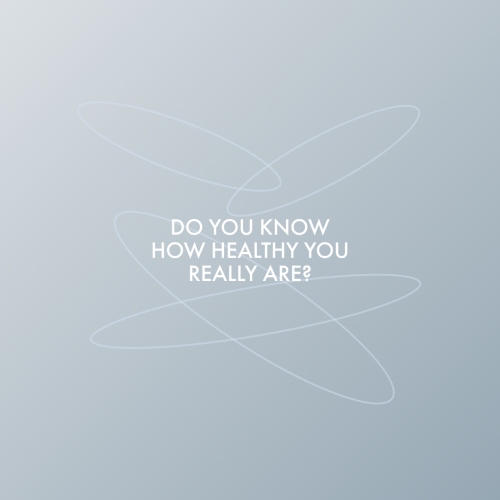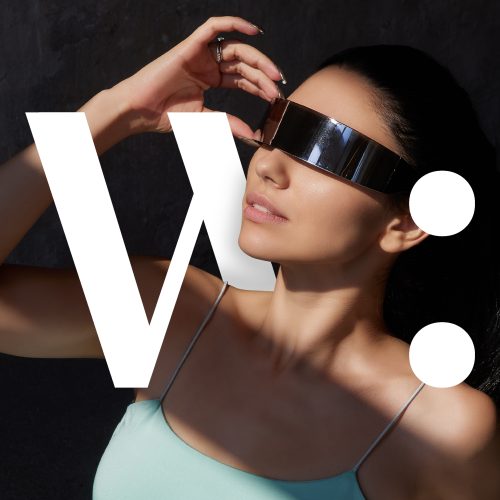How to optimize your circadian rhythm and improve sleep
Blue light gets a bad reputation. But why has blue light become “the bad light”, and how can blue light-blocking glasses help to steer your circadian rhythm back on track?

How does blue light affect sleep?
First and foremost, blue light is indeed not helpful for your sleep. With that out of the way, let’s take a peek into the blue light mystery box.
It all starts with our nature and our evolution. Humans, like most animals, need sleep. Science is still unsure about all the possible details of why we need sleep, but it’s certain we do. The longest time anyone has gone without sleep was 11 days. Not sleeping isn’t healthy for our brains, so every night we need to sublime into this restful slumber, to recharge, rebuild our bodies and consolidate our memories.
In humans, the process of sleep doesn’t just happen on its own, it needs to be induced by something. In our case, we have a sleep-promoting hormone called melatonin, which is produced in response to darkness.
Naturally, over the course of hundreds of thousands of years, when the sunset, melatonin production began to ramp up and in that way, the human body was getting ready for melatonin-rich sleep. When the sun rose, melatonin production halted, and we felt awake, well-rested, and ready for a new day of hunting, gathering, and socializing. The following evening everything repeated.
For millennia the melatonin cycle (a part of the circadian rhythm) has been a perfect clock that guided us throughout the day and into the night. It has been.
Until we developed artificial light.

Why would blue light harm your circadian rhythm?
It’s important to understand that what’s meant by “blue light” isn’t light that’s blue in color. The sun, light bulbs, and screens produce a spectrum of all the possible light colors, which when combined together are perceived as white. That’s why most of the light we see is saturated with blue light (as well as all the other colors).
Blue light just happens to be the light hue that inhibits our melatonin production the most.
There aren’t many places in the natural world where light can come from. The sun, moon, stars, lightning, fire, fireflies, and the gorgeous aurora lights. The list is pretty scarce. So the melatonin cycle had no problem working without disruption.
But then, in 1880 we commercialized the light bulb, and later LEDs, which now surround us at almost every step. Even now, when you’re reading this, you’re looking at them.
Therefore, the cycle of melatonin production was disrupted by exposure to light. Now, in the evening, there is no darkness, and our bodies are confused. Just like artificial light hijacks the moths’ innate navigation instincts, our circadian rhythm is confused by this abundance of light in the evening.
We are not moths but when not enough melatonin is produced, we can’t truly initiate the full potential of our sleep cycle, and certain sleep disorders may develop.
"A bizarre fact about blue light is that blue color actually promotes the feeling of calmness and relaxation, contrary to blue light, which inhibits sleep."
In a nutshell, to have a good sleep, our bodies need to produce a sufficient amount of melatonin. That’s done in the absence of blue light. Artificial white light sources (containing blue light) like screens and light bulbs inhibit melatonin production when we’re exposed to them in the evening, therefore worsening our sleep.

How to make your sleep healthier
Red light as opposed to blue light doesn’t inhibit melatonin production. So if you’re spending your evening indoors, making your lights as warm as they can get might be a useful strategy.
If you’re unable to adjust the warmness of your light, you can try to decrease the intensity of lighting in your environment. And when looking at digital screens, try to turn on eye comfort mode which reduces blue light, and makes the screen appear amber in color.
If that’s not an option, then there’s something very straightforward you can do. Just block out the blue light with blue light-blocking glasses. They work as a filter that reduces the amount of blue light that passes through the lenses, and your melatonin can keep producing steadily. A 2009 study has shown that amber light lenses which block blue light have been able to improve sleep quality. However, more research must be done to confirm this with 100% confidence.
"Keep in mind it’s just as important to not be exposed to blue light in the evening, as to get enough blue light exposure during the morning and day."
Gentle warning! Since melatonin is a sleep-inducing hormone, when you produce more of it you feel sleepier, so you might feel sleepier if you try to reduce your blue light exposure in the evening. But in some way, isn’t that what we all want? To have a good sleep, it’s helpful to feel sleepy, and have enough melatonin.
We live in a world that’s utterly different from the one our bodies and minds evolved to. The sun might not be our only source of light anymore, but with science and knowledge we can try to return ourselves to that environment, we were always meant to live in.
More from the magazine
Selected stories from our Team
